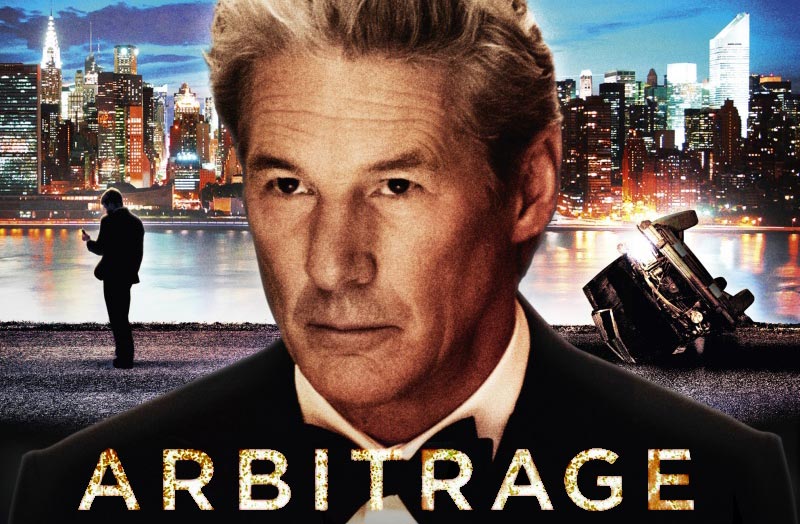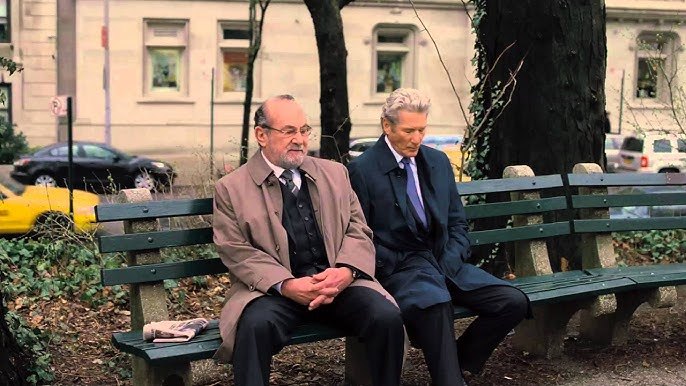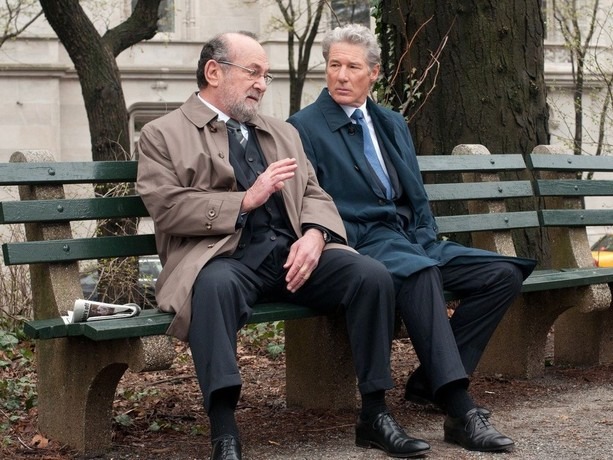Arbitrage (2012)

Arbitrage (2012) is an American crime drama thriller directed by Nicholas Jarecki, featuring an all-star cast that includes Richard Gere, Nate Parker, Susan Sarandon, Tim Roth, and Brit Marling. The film delves into the high-stakes world of finance, corporate corruption, and moral compromise. Set against the backdrop of New York City, the movie explores the life of a wealthy and influential businessman, whose carefully constructed life begins to unravel due to a series of unethical decisions. Arbitrage is a gripping exploration of personal ambition, deception, and the consequences of greed.
The story revolves around Robert Miller (Richard Gere), a hedge fund magnate who is on the verge of selling his company for a huge profit. However, things take a dark turn when a car accident involving his mistress, Julie (Laetitia Casta), leads to a dangerous cover-up. As Miller attempts to juggle his personal and professional life while hiding his criminal actions, he faces mounting pressure from law enforcement and his own family. The film’s tension builds as Miller’s lies and deception spiral out of control, putting both his business empire and his personal relationships at risk.
Richard Gere gives a standout performance as Robert Miller, capturing the character’s charisma, cunning, and desperation. Gere effectively portrays Miller as a man who is used to being in control, but whose carefully maintained facade begins to crack as his lies catch up with him. His nuanced performance adds depth to the film’s exploration of moral ambiguity, as Miller’s actions blur the line between right and wrong. Nate Parker also delivers a strong performance as Jimmy Grant, a young detective who becomes entangled in Miller’s web of lies while investigating the accident. Parker’s character represents a contrast to Miller, embodying integrity and a desire for justice.
Arbitrage explores themes of greed, power, and moral compromise, shedding light on the corrupting influence of wealth and ambition. Miller’s rise to success has been built on manipulation, deception, and unethical business practices, and the film examines how these choices eventually lead to his downfall. The tension in the film arises not only from Miller’s attempt to hide his criminal actions but also from his struggle to maintain control over his family and his company. As Miller’s lies begin to unravel, the film explores the emotional and personal cost of his ambition.

Nicholas Jarecki’s direction in Arbitrage is sharp and focused, maintaining a tense atmosphere throughout the film. The pacing is deliberate, allowing the audience to slowly piece together the layers of Miller’s life and the lies that threaten to destroy him. The cinematography by Yorick Le Saux enhances the film’s tone, using the sleek, modern setting of New York City as a metaphor for the world of high finance and the cold, calculated nature of Miller’s actions. The film’s atmosphere is further intensified by the use of minimalist music, which adds to the suspense without overwhelming the narrative.

The film’s ending provides a fitting conclusion to the story, leaving audiences to reflect on the consequences of Miller’s actions and the moral choices he made throughout the film. Arbitrage does not offer easy answers or redemption, instead leaving the audience with a sense of ambiguity about the character’s future. The unresolved nature of the ending speaks to the complexity of the issues presented in the film, allowing for reflection on themes of accountability, justice, and personal responsibility.

In conclusion, Arbitrage is a compelling crime drama that examines the high price of ambition and the moral dilemmas faced by those who operate within the world of finance and corporate power. With an excellent performance by Richard Gere and a tightly woven narrative, the film offers a thought-provoking exploration of greed, deception, and the cost of success. Nicholas Jarecki’s direction, combined with the strong performances of the cast, makes Arbitrage a thrilling and intelligent film that will resonate with audiences long after the credits roll.











